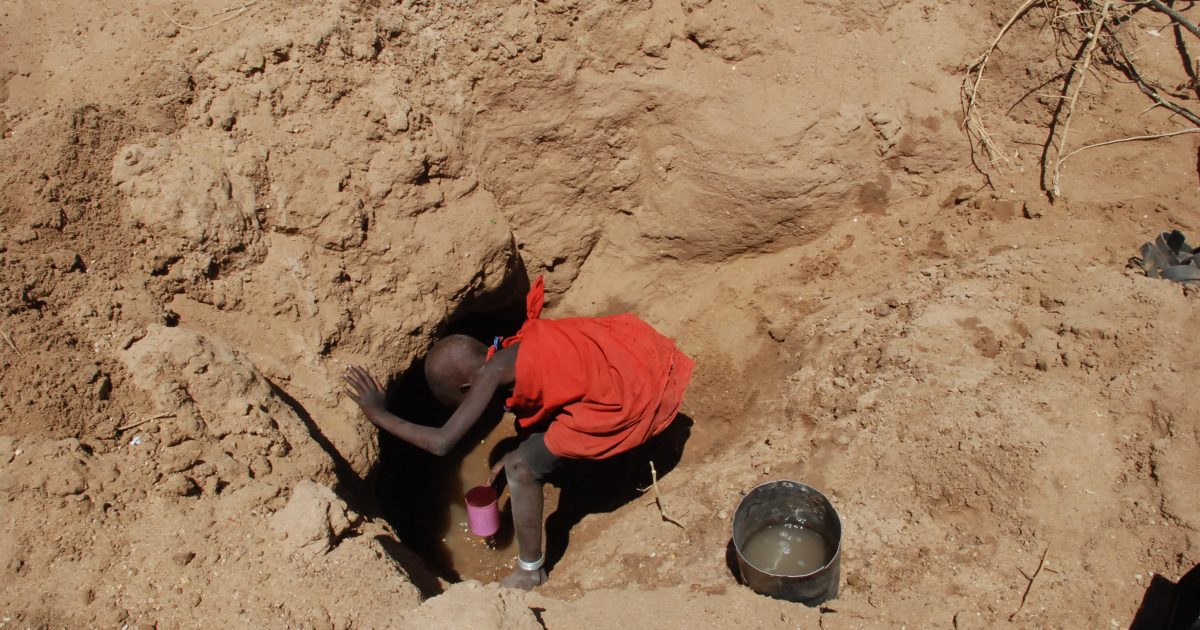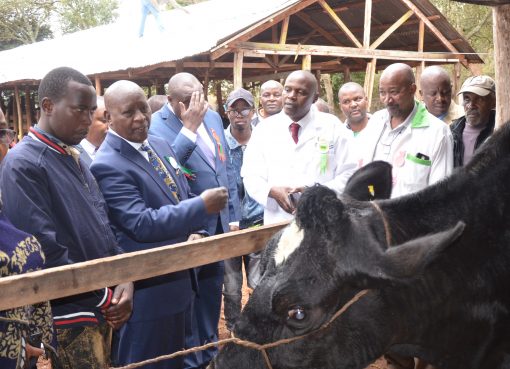Kajiado County bore the full brunt of the latest drought with the Maasai Manyattas still reeling from the ravages of the harsh climatic conditions.
The area which was endowed with cultural retention over decades is now show biz of roast meat on display after recent drought claimed half of the herds that were raised for generations leaving many families in abject poverty.
Meat is the staple food of the Maa community but this story is of wasted meat to the pangs of recent drought described by many as the worst in decades.
Touring into the cultural heritage town of Kajiado, one is welcomed by marks of dead and dried up cattle, sheep, goats and wild animals including zebras whose partially or dried up carcasses lay by the road side.
It’s a sad reality and a reminder of the extremely long drought that persisted pushing the pastoralist community to the brink of extinction of their red label colored cows.
The images of the Carcasses are just a fraction of the entire stock as many succumbed to the harsh reality while on grazing expedition in the bushes as their keepers desperately searched for pasture and water in vain.
The onset of the short November-December rains was a further trigger for the cattle deaths necessitated by first growing grass after the droughts with animals over consuming the immature greens often associated with bloating causing diarrhea of the desperate livestock and wildlife.
Local Maa leaders led by Kajiado Governor Joseph Ole Lenku have made calls for a shift of lifestyle and livelihoods on livestock due to unpredictable weather patterns occasioned by climate change.
It is a known fact the Maasai pride themselves in huge numbers of Cattle one keeps as a mark of respect, wealth commanding recognition in the community.
Since this practice has proven unsustainable, repeated efforts aimed at convincing the herders to diversify livelihoods have proven futile following generations of tales of the pastoralists heritage which cannot be overturned overnight.
It will take concerted efforts over decades to introduce alternative livelihoods but it’s worth the try.
Same as herding of lions was a norm and a rite of initiation among morans, so will gradual introduction to farming particularly irrigation remains optimistic approach to saving lives in the one of the adversely affected areas by climate change.
Rivers run dry for years, grass diminishes with no hope for the unsustainable large numbers of breeds of cattle.
Known to wander with their livestock in the wild, the Maasai herders have no boundaries in their vast land sometimes encroaching into neighbouring countries causing a Diplomatic rows.
This notwithstanding, the Maasai of Kajiado County in Kenya bordering Tanzania to the South have long held the tradition of crossing the boundaries leading to slight distinction between the Maasai of Kenya and those of Tanzania.
As governments, international organizations, local and individuals double their efforts on Climate change mitigation, this song on alternative livelihoods should not stop instead should go on such that it rings in the minds of many to embrace resilience and adaptation to climate change.
By Joseph Kamolo





